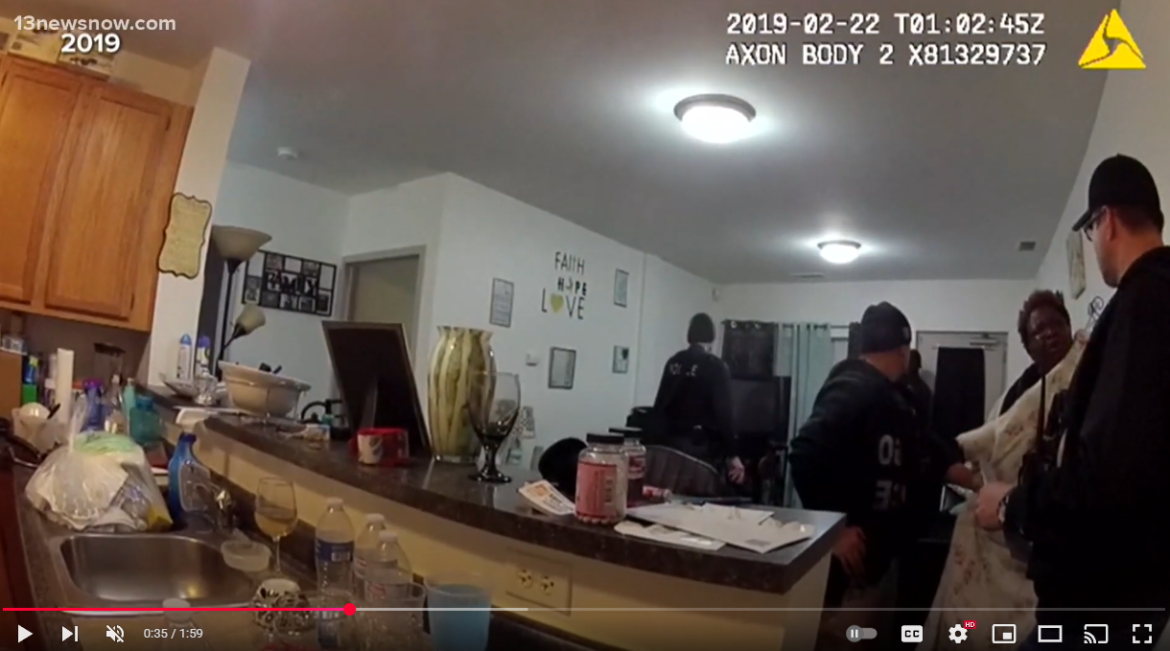The U.S. Supreme Court is now weighing a potentially precedent-setting lawsuit filed against the FBI by an Atlanta family whose home was mistakenly raided during a high-risk operation. The case, Martin v. United States, stems from a 2017 incident in which federal agents stormed the home of Curtrina Martin and her children after misidentifying her address as that of a suspect.
During oral arguments heard Tuesday, justices questioned the government’s defense of the FBI’s actions, which involved a six-agent SWAT team using a battering ram to break down Martin’s front door, deploying a flashbang grenade, and holding her and her young children at gunpoint. The botched raid, which occurred just before dawn, was conducted under a warrant that listed a different address. The Martins had no criminal record and no connection to the intended target.
Justice Neil Gorsuch took particular issue with the oversight, telling the Justice Department’s attorney, “You might look at the address of the house before you knock down the door.” Gorsuch’s pointed remark reflects growing judicial skepticism about the standards federal agents are applying during tactical operations and the lack of accountability when serious mistakes are made.
Attorneys for Martin argue that the raid violated her Fourth Amendment rights against unreasonable search and seizure. They say the street number on her mailbox was clearly visible, and that even a cursory review by agents could have prevented the traumatic incident. The family is seeking damages for physical and emotional harm, claiming the event left lasting psychological scars, particularly on her children, who were in their bedrooms when agents detonated the flashbang.
The Justice Department contends that the agents were acting in good faith under a valid search warrant, and therefore should be shielded from liability under the doctrine of qualified immunity—a legal principle that often protects law enforcement officers from being personally sued for actions taken in the course of their official duties.
However, this case is gaining national attention as part of a growing debate about the limits of qualified immunity and the extent to which federal agencies can be held accountable for errors in high-intensity operations. Civil liberties organizations, including the ACLU and the Cato Institute, have filed amicus briefs supporting Martin, arguing that unchecked immunity allows federal agents to violate constitutional rights without consequence.
The case also revives public scrutiny of the FBI’s no-knock and high-force entry policies, which have come under fire in recent years following a series of wrongful raids and mistaken identity cases across the country. Critics say these tactics, often carried out in minority neighborhoods, pose unacceptable risks to innocent families and can escalate needlessly into violence.
Back in 2017, the FBI acknowledged the raid occurred at the wrong address but offered no formal apology to the Martin family and took no public disciplinary action against the agents involved. The Martins filed suit in federal court shortly after the incident, and the case has slowly made its way through the legal system. Lower courts dismissed the suit based on qualified immunity protections, but the Supreme Court agreed to hear the case this year, a rare move that signals the justices may be open to re-examining how such doctrines apply in cases of mistaken identity and excessive force.
Legal analysts say the Court’s decision could have far-reaching implications. If the justices rule in favor of the Martin family, it could set a new standard for when federal agents can be held liable for constitutional violations, and potentially narrow the shield of qualified immunity. Such a ruling would impact not only the FBI, but all federal law enforcement agencies engaged in tactical operations.
A final decision is expected by late June. Meanwhile, the Martin family remains at the center of a case that could redefine the balance between law enforcement authority and individual constitutional rights in America.



